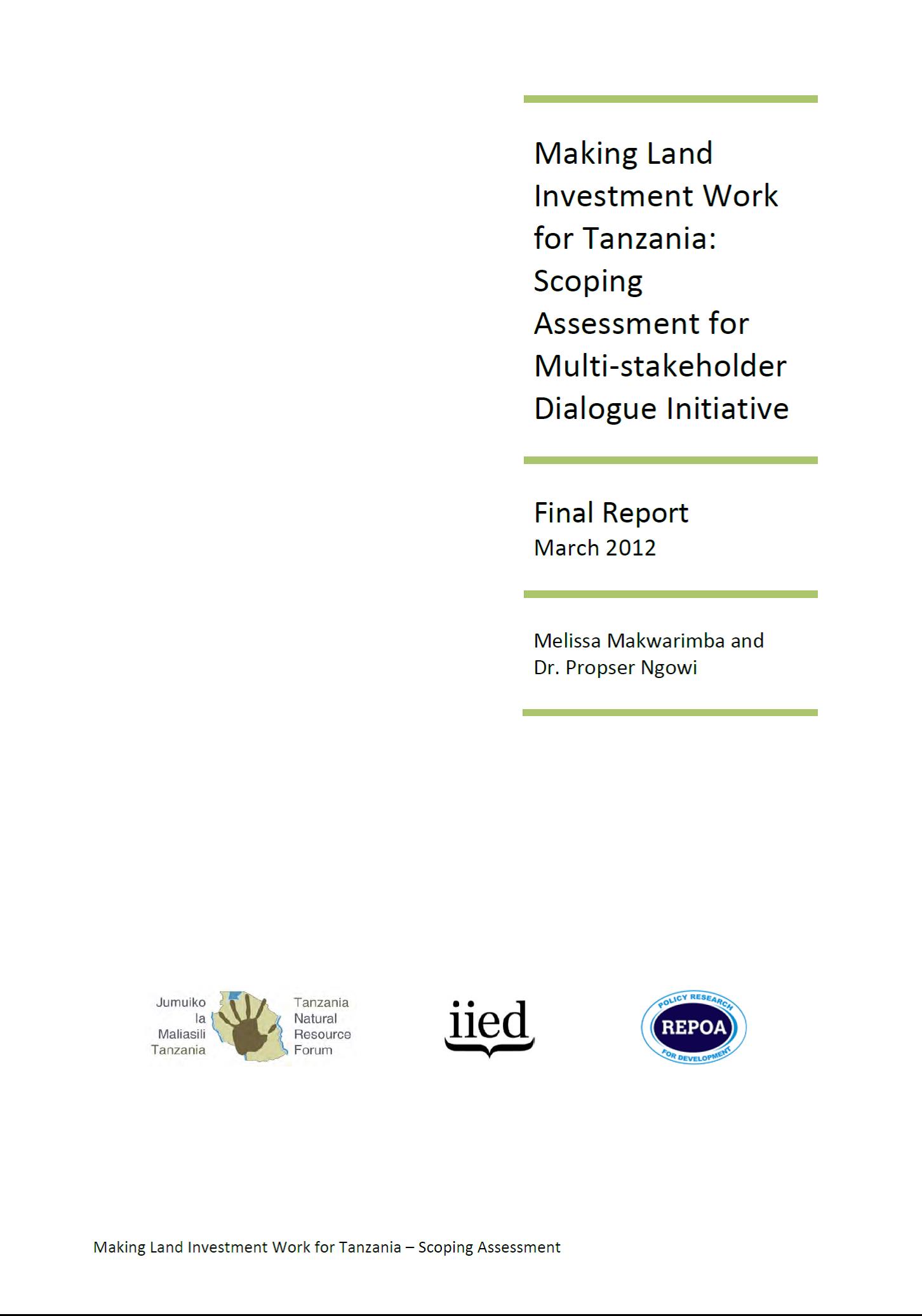Focal point
Location
Mission
Our mission is to build a fairer, more sustainable world, using evidence, action and influence in partnership with others.
Who we are
IIED is one of the world’s most influential international development and environment policy research organisations. Founded in 1971 by economist Barbara Ward, who forged the concept and cause of sustainable development, we work with partners on five continents. We build bridges between policy and practice, rich and poor communities, the government and private sector, and across diverse interest groups. We contribute to many international policy processes and frameworks, including the Intergovernmental Panel on Climate Change, the Millennium Ecosystem Assessment and the UN conventions on climate change and biological diversity.
What we do
IIED carries out research, advice and advocacy work. We carry out action research — generating robust evidence and know-how that is informed by a practical perspective acquired through hands-on research with grassroots partners — and we publish in journals and maintain high research standards. We advise government, business and development agencies, and we argue for changes in public policy. We focus on bottom-up solutions, stay open to flexible, adaptable solutions and are marked by a tradition of challenging conventional wisdom through original thinking.
Resources
Displaying 266 - 270 of 367Statut foncier des terres aménagées dans le cadre du programme Kandadji
38 000 habitants seront déplacées lors de la construction du barrage de Kandadji au Niger. Nous avons réalisé une étude sur les aspects juridiques de ce déplacement, en examinant des moyens permettant à l’État d’optimiser son investissement tout en veillant à ce que la compensation des populations déplacées soit juste. Cette étude pèse le pour et le contre des différents modes de gestion des processus juridiques au sein des zones affectées par un barrage.
Study of the legal status of public land in irrigation schemes in Kandadji
37,891 inhabitants were displaced when the Kandadji dam was built in Niger. We carried out a study of the legal aspects of such displacement, examining ways for the State to optimise its investment whilst also seeking justice for displaced populations. This study weighs up the various options for managing legal processes within the affected areas of dams.
The global land rush: what the evidence reveals about scale and geography
A growing body of evidence points to the scale, geography, players and key characteristics of the global land rush phenomenon. Much of the data cannot be compared so improving the data and analysis is critical. All evidence indicates that land acquisitions are happening quickly and on a large scale, so we urgently need to det on with developing appropriate responses.
Making Land Investment Work for Tanzania
The purpose of this assignment was to establish whether there is appetite to hold a public debate on how to realise better land‐based investments in Tanzania. It also aimed at identifying what would be the discussion issues and most appropriate mechanism to allow different actors from different levels to articulate their perspectives on land‐based investments in Tanzania. This has been triggered by the sensitivity surrounding the topic.
Are land deals driving ‘water grabs’?
Investors often look for land with a high growing potential, which means land with lots of rainfall or land that can be irrigated. In multimillion dollar investments involving irrigation, investors typically want to secure water rights as part of the deal. Motivated by potential revenues from water fees and the prospect of improved agricultural productivity, many African governments are signing away water rights for decades to large investors. But they are doing so with little regard for how this will impact the millions of other users whose livelihoods depend on customary access to water.






